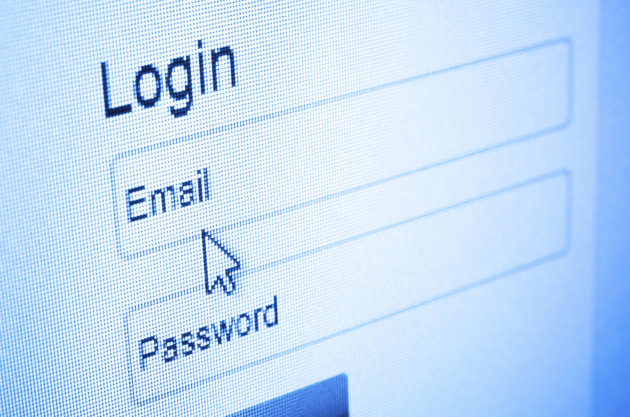Humans are un-made by social media
‘Technology has made life different, but not necessarily more stressful’, says a recent article in the New York Times, summarising the findings of a study by researchers at the Pew Research Center and Rutgers University. It is often thought that frequent internet and social media use increases stress. Digital unplugging, along with losing weight and quitting smoking, is seen as a healthy thing to do. But, said the article, we needn’t worry so much. Frequent internet and social media users don’t have higher stress levels than less frequent users, and indeed women who frequently use Twitter, email and photo-sharing apps (and who use these media for life-event sharing more than men – who tend to be less self-disclosing online) scored 21% lower on the stress scale than women who did not.
I suggest that, far from being reassuring, these results are very sinister indeed. They indicate that internet technology (or at least something that has happened to humans at the same time as internet technology has been happening to them) has effected a tectonic transformation in the human constitution. The outsourcing, digitalization and trivializing of our relationships should make us stressed. If it doesn’t, something seriously bad has happened. The stress response enables us to react appropriately to threats. Switch it off, and we’re in danger. Only a damaged immune response fails to kick off when there are bacteria around. A tiger confined in a tiny concrete pen has lost a lot of its tigerishness if it doesn’t pace frustratedly up and down, its cortisol levels through the roof.Read More »Humans are un-made by social media



